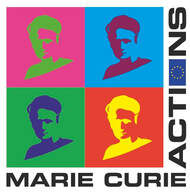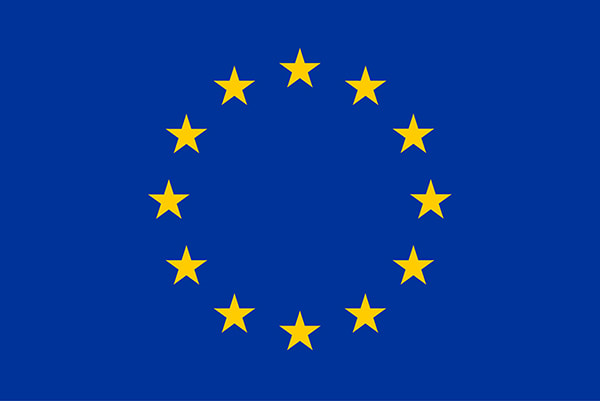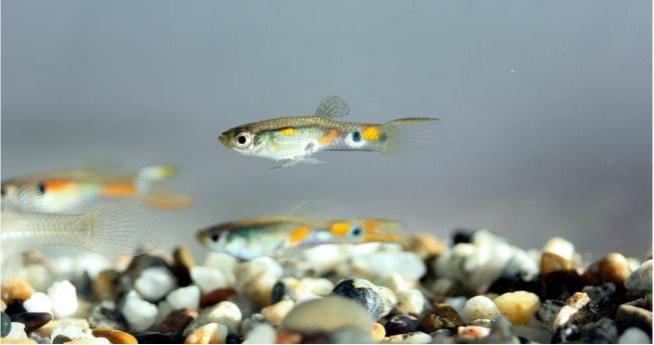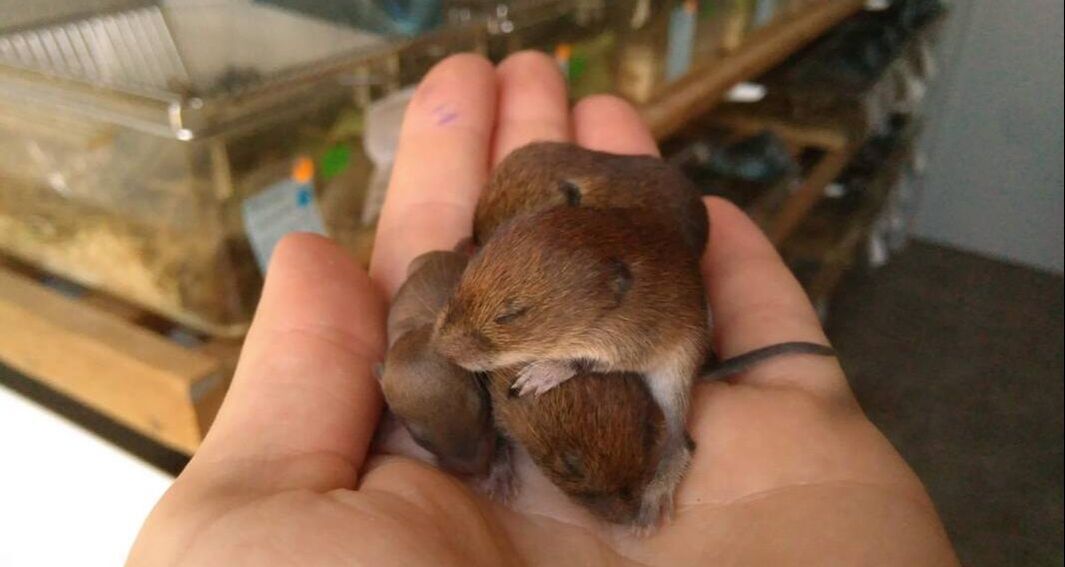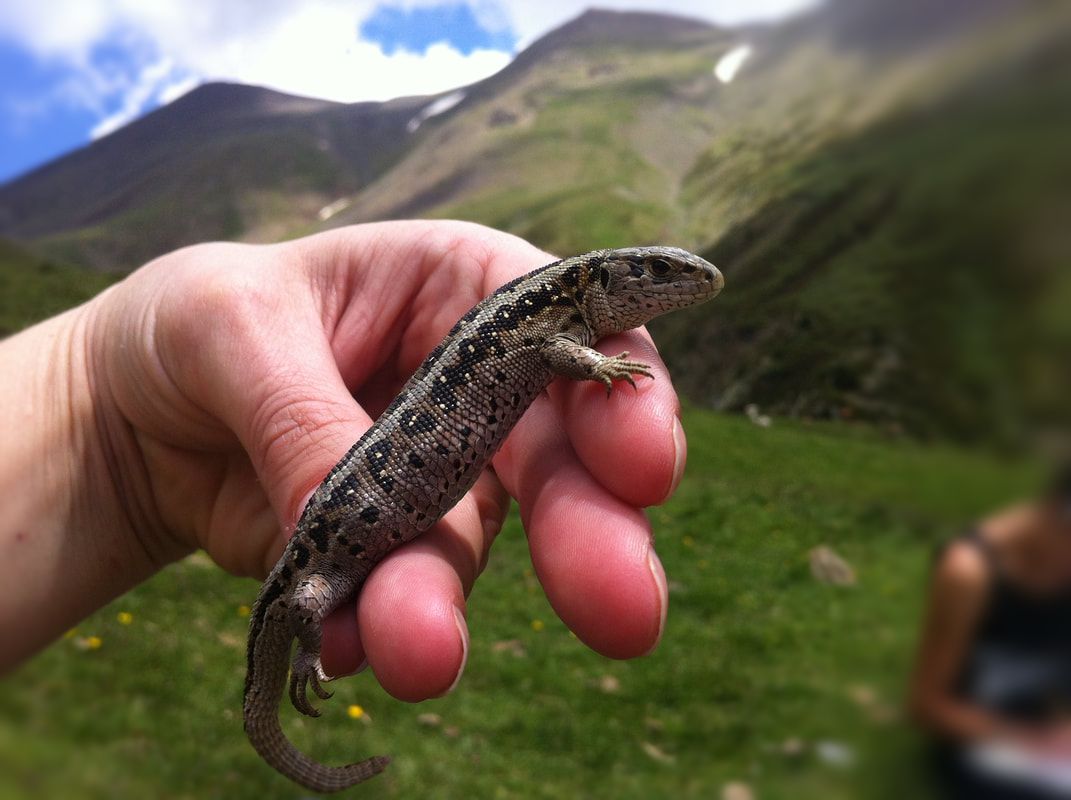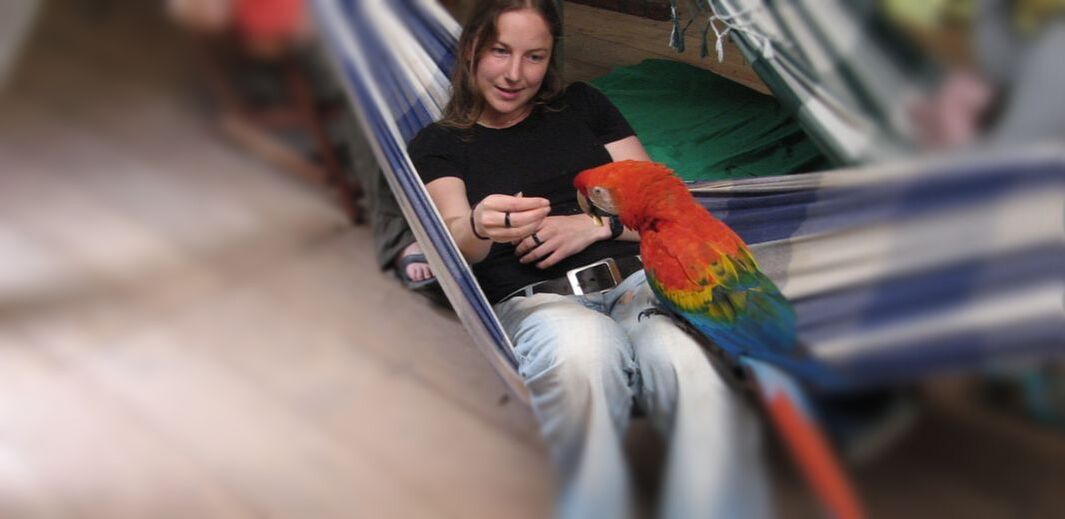Research interests
My research covers the fields of evolutionary biology, behavioural ecology, and reproductive biology, and my main interests include reproductive strategies and sexual selection. I am especially interested in whether and how animals adjust reproductive strategies in response to changes in their external environment, in the consequences of environmental change on reproductive success, and in whether animals show behavioural adjustments that may have the potential to mediate negative consequences.
Current research
|
I am currently a Marie Curie fellow at the University of Padua´s department of Biology (Padova, Italy), in the group of Dr. Clelia Gasparini. Using the guppy (Poecilia reticulata) as a model system, we are investigating the effects of heatwaves on all things surrounding reproduction (fertility, sexual selection, reproductive success, mating behaviour), behaviour, and transgenerational fitness. The ´HeatWaveSS´ project, funded by the EU's Marie Skłodowska-Curie Actions, is being carried out in collaboration with my wonderful guppy-expert collaborators Dr. Clelia Gasparini and Dr. Alessandro Devigili, and several Master Students (Oliviero Borgheresi, Samuele Padovan, Luna Dudine).
By investigating the effects of extreme temperatures across generations, the project´s results promise to offer insights into the impacts of heatwaves on individuals and populations, thereby contributing to the understanding of the consequences of climate change and the processes underlying responses to environmental changes. For more info and news about the HeatWaveSS project check the next tab! Link to cordis profile and unipd page of MSCA projects |
Previous (and some ongoing) research
|
After obtaining my PhD I moved to Germany for a postdoc position at the University of Potsdam, where I investigated how nursing bank voles (Myodes glareolus), i.e. current mothers, adjust behaviour in response to the presence of an infanticidal male, i.e. a threat to their young, in their nest´s surroundings. In another experiment (for which a paper recently submitted!) I manipulated the level level of parental care required by females to study the effects on their investment in mating effort.
|
|
As a doctoral student at the National Museum of Natural Sciences (Madrid, Spain), I studied how variation in the seasonal timing of mate encounter in lizards affects agents of sexual selection (including the degree of female mate choice and the amount males invest in a mate partner in terms of sperm quantity) and reproductive success, and how this is related to underlying variation in male and female reproductive stage (e.g., female receptivity, male fertility).
While the common lizard (Zootoca vivipara) was my main study species during my PhD, I also did similar mating experiments in brown anoles (Anolis sagrei) during a research visit in the USA. |
|
As a Master student I took part in a field study of macaws, parrots, and parakeets in the rainforest (Tambopata National Reserve, Madre de Dios, Peru), and was part of a behavioural study to investigate the cognitive abilities of captive long-tailed macaques, Macaca fascicularis (The Netherlands).
|
